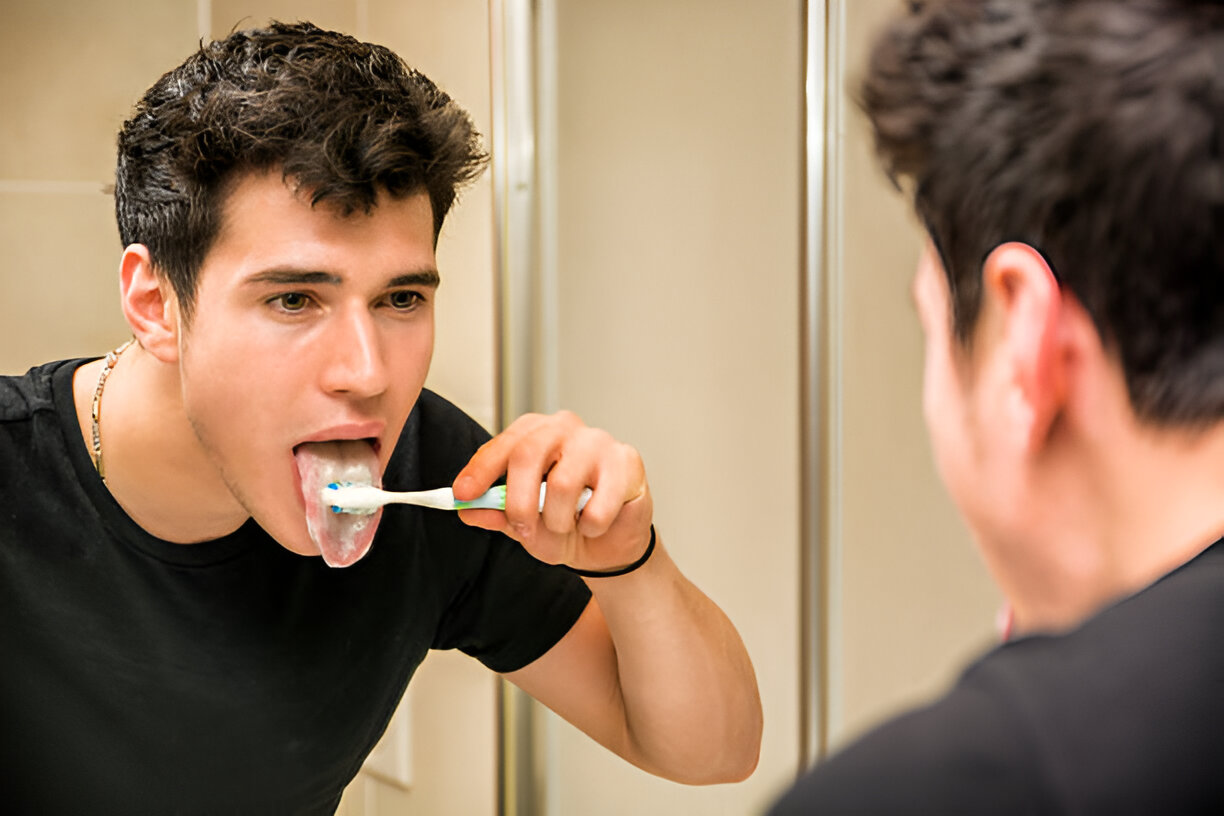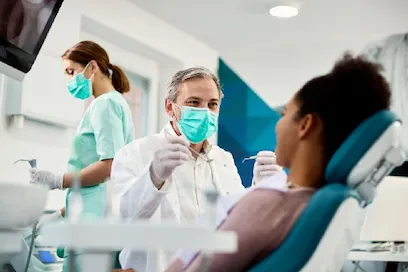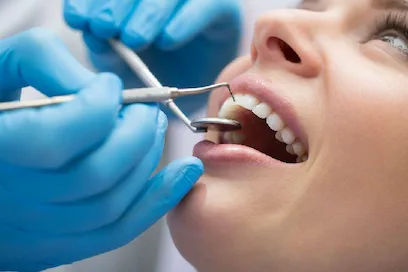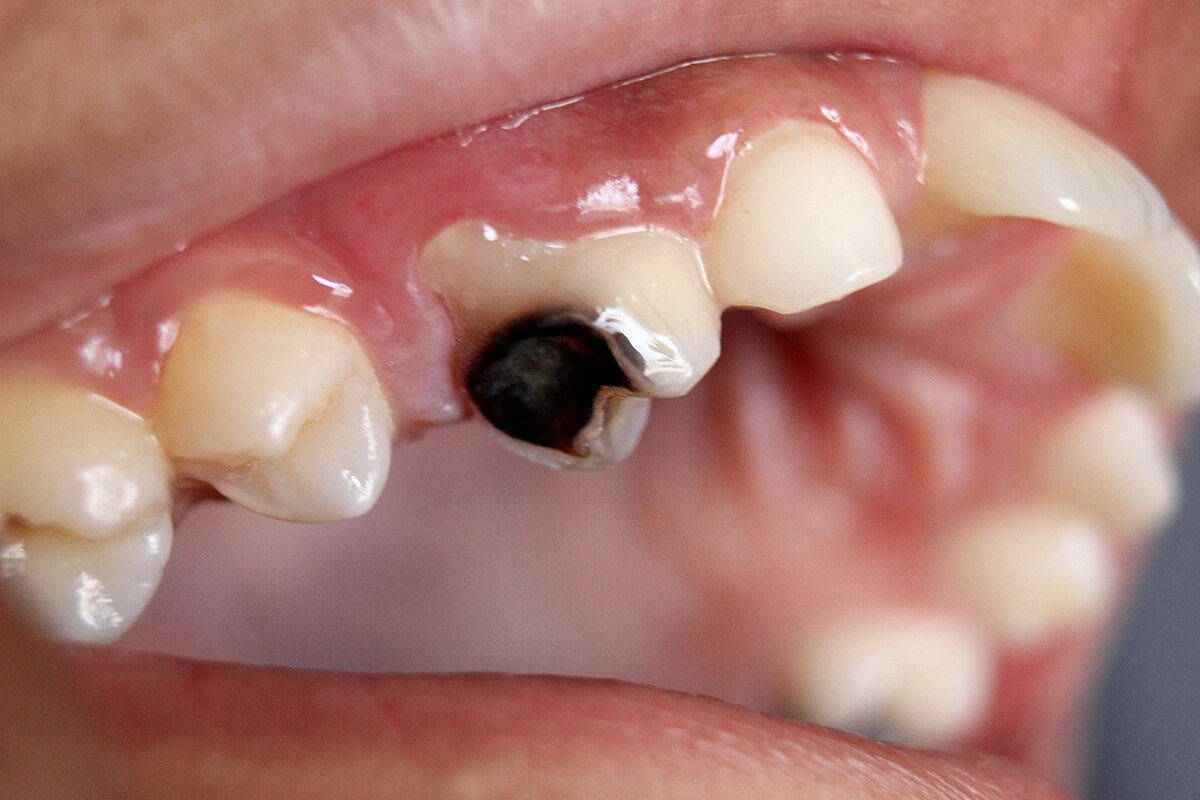Yes, brushing your tongue is an important part of maintaining good oral hygiene. Here’s why you should include tongue cleaning in your daily routine and how to do it effectively:
Why You Need to Brush Your Tongue
- Removes Bacteria:
- The tongue harbors bacteria that contribute to bad breath (halitosis) and oral health issues.
- A clean tongue reduces the bacterial load in your mouth.
- Prevents Bad Breath:
- Bacteria and debris can accumulate on the tongue’s surface, causing unpleasant odors.
- Brushing your tongue keeps your breath fresher.
- Improves Taste:
- A coated tongue can dull taste buds, affecting your ability to enjoy flavors.
- Cleaning your tongue enhances taste sensitivity.
- Reduces Plaque Formation:
- Lingering bacteria from the tongue can transfer to teeth and gums, contributing to plaque and tartar buildup.
- Promotes Overall Oral Health:
- A clean tongue reduces the risk of gum disease and cavities by minimizing bacterial spread.
How to Brush Your Tongue Effectively
- Use the Right Tool:
- A soft-bristled toothbrush or a tongue scraper works well.
- Many toothbrushes have a built-in tongue cleaner on the back of the brush head.
- Brush or Scrape Gently:
- Start at the back of your tongue and work your way forward.
- Use light pressure to avoid irritation or gagging.
- Rinse Thoroughly:
- After cleaning your tongue, rinse your mouth with water or mouthwash to remove loosened debris.
- Do It Regularly:
- Brush your tongue every time you brush your teeth—twice a day is ideal.
Additional Tips
- If you notice a persistent white or yellow coating on your tongue, it could indicate dehydration, poor oral hygiene, or an underlying health issue. Consult a dentist or doctor if it doesn’t resolve with regular cleaning.
- Avoid excessive pressure while cleaning to prevent damaging your tongue.
Including tongue cleaning in your routine ensures a healthier mouth, fresher breath, and improved oral hygiene overall!







